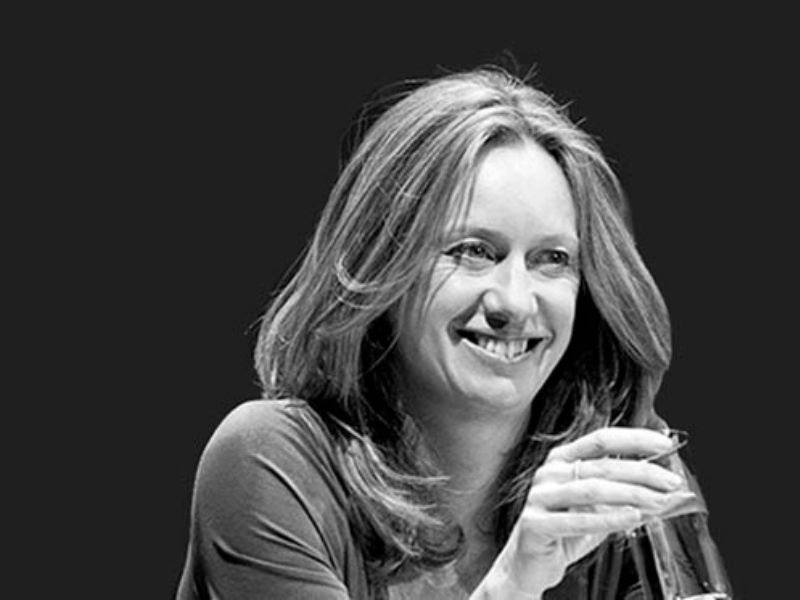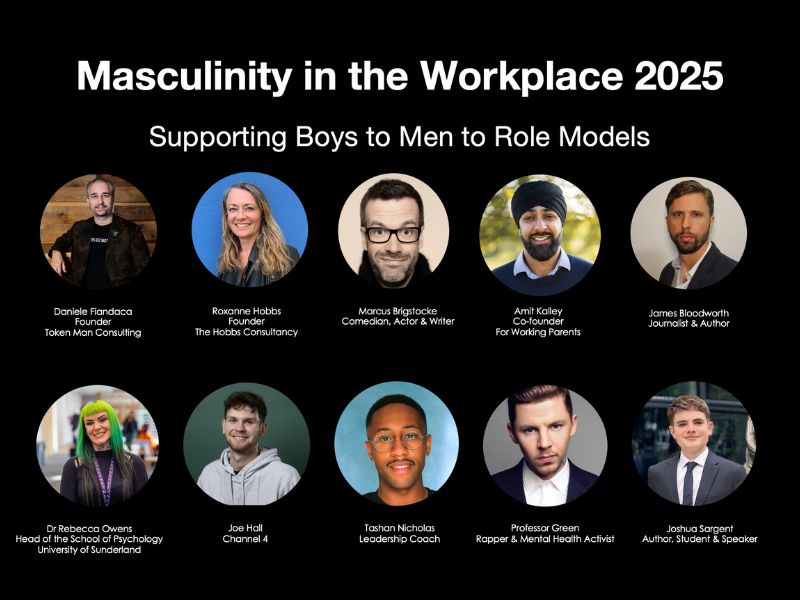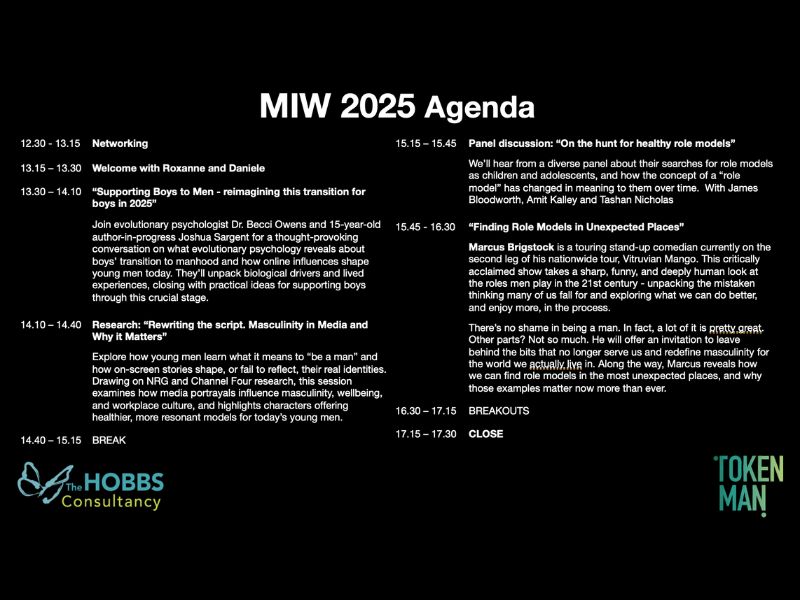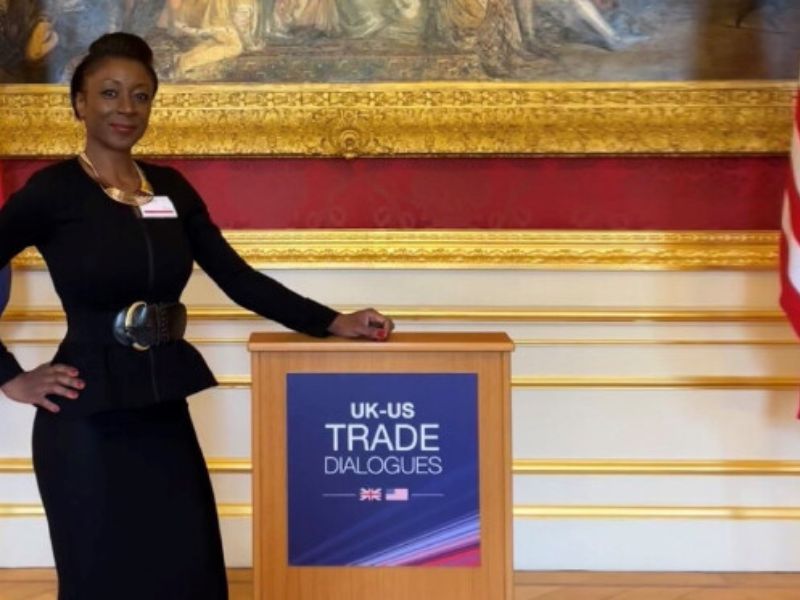Justine Roberts CBE is an eminent leadership speaker, celebrated for founding Mumsnet and championing the voices and challenges of modern parents. She brings a rare combination of entrepreneurial insight and human empathy, grounded in decades of building one of the UK’s most trusted and impactful communities.
Whether she’s speaking on bridging work–life balance, inclusive leadership, or driving purpose-led growth, Justine draws on her own journey—from navigating motherhood and the workplace to scaling a digital platform from the ground up—to guide organisations in building stronger, more empathetic cultures.
In this exclusive interview with The Inspirational Leadership Speakers Agency, Justine Roberts CBE shares how she discovered her niche, what leaders must do to stand out, and how businesses can truly support working parents with grace and purpose.
Many entrepreneurs talk about finding a ‘gap in the market’, but that’s often easier said than done. From your experience, what’s the smartest way to identify a genuine opportunity?
I think very often with entrepreneurs, what they do is fulfil their own need really. That was certainly true in my case with Mumsnet. I was a new parent of young twins and I needed all the advice and help I could get. My immediate circle didn’t quite have all the answers for me, so I wanted to expand that and tap into the wisdom of millions of other people via this wonderful thing called the internet.
I think that’s often where people get their inspiration from — they find a gap in the market because they need that product or service for their own life. The great thing is, if you’re constructing something to meet your own needs, you’re very clear on what you want and how it should work.
It gets harder as you grow and you get more divorced from the original target market. In my case, I’m now slightly outside the target market for Mumsnet, so I have to work really hard to stay in touch. But originally, for ideas, it’s about finding something where you’d like to make the world a better place because you know what that product or service should be from your own experience.
In today’s crowded markets, it’s becoming increasingly difficult for new businesses to stand out. What do you believe truly differentiates a successful brand from the rest?
I think the key to standing out is really fulfilling whatever the consumer’s job is to be done. You’re not going to stand out if you just produce a generic product the same as everyone else and make a big noise about it.
What you really want is for people to be talking about the product themselves because it’s doing something better. Either your service is better, or the product itself is better, or it’s at a different price point. To be honest, you have to be different — you have to have a USP.
You can’t really expect, unless you’re Amazon and have millions of pounds, data, customers, and a lot of trust already, to break through without differentiation. If you’re new in a field, you have to do something different and make the customer’s life easier in some way.
You’ve spent much of your career working in male-dominated environments, from finance to sports journalism. What advice would you give to women navigating similar spaces today?
I’ve worked in two very male-dominated environments. I worked in the City of London initially on the Stock Exchange floor, where I was one of two women among hundreds of men, and then I became a football and cricket journalist.
I think the world’s moved on a bit because it’s no longer so normal to be in such a minority. But what I found was that you’ve got to be as good as, or in fact better than, the guys around you. It’s not always fair, but there’s no point moaning about it — you’ve just got to get on and address that conscious and unconscious bias by proving people wrong.
Nowadays, things are a bit better, but what I’d always suggest is to find your network — particularly as women — and make sure you’re supporting each other, because the guys will definitely be supporting each other. So yes, work hard, find your network, and don’t get downhearted, because the only way we change things is by getting to the top — and then it’s easier to make a difference.
With Mumsnet’s large community of working parents, you’ve had unique insight into modern workplace expectations. What practical steps can businesses take to genuinely support parents?
The number one thing parents want from business and their employer is flexibility. All our surveys with Mumsnet show that it’s more important than anything else — the flexibility to be able to be honest and say, “Actually, my family comes first.
Yes, I love my job, but it’s always going to take second place to my family. When I started Mumsnet, I literally started it because I felt I wasn’t able to be honest in my previous careers, and I saw women pretending their kids didn’t exist.
Allowing that level of honesty is key. Businesses should really focus on flexibility and walking in the shoes of the people they’re trying to support. For example, if employees are going off on parental leave, make sure they feel confident when they come back because they’ve been kept in touch and nothing has completely transformed while they’ve been away.
If you’ve got people working part-time or flexibly, schedule meetings in the middle of the day when they’re around. Don’t make everything about what happens in the pub after work — parents have to go home and do bedtime. It’s really about showing some basic understanding, and that, plus flexibility, is what parents really need.
Mumsnet is now one of the UK’s most influential online communities. Looking back, what lessons can businesses learn from your journey as a founder?
Mumsnet, in many ways, was founded at completely the wrong time. We came about five or six years before Twitter and Facebook, and the business model wasn’t really ready. We had to go slowly, on a shoestring budget, building the community by word of mouth and waiting for the business model to materialise.
We built a very large community before we could generate any revenue. Had I raised a lot of money and hired a lot of people, it would have been just at the time of the dot-com crash — and I probably would have had to fire a lot of people, and we might have gone out of business.
The lesson is to adapt the pace at which you grow according to the market. When the time becomes right, then you can go all guns blazing — raise money, hire people, and go for growth. But growth isn’t always the right model. Sometimes the right model is “easy does it” — build your brand, build trust, and wait for the economics to come right for you.
This exclusive interview with Justine Roberts CBE was conducted by Jack Hayes of The Motivational Speakers Agency.











